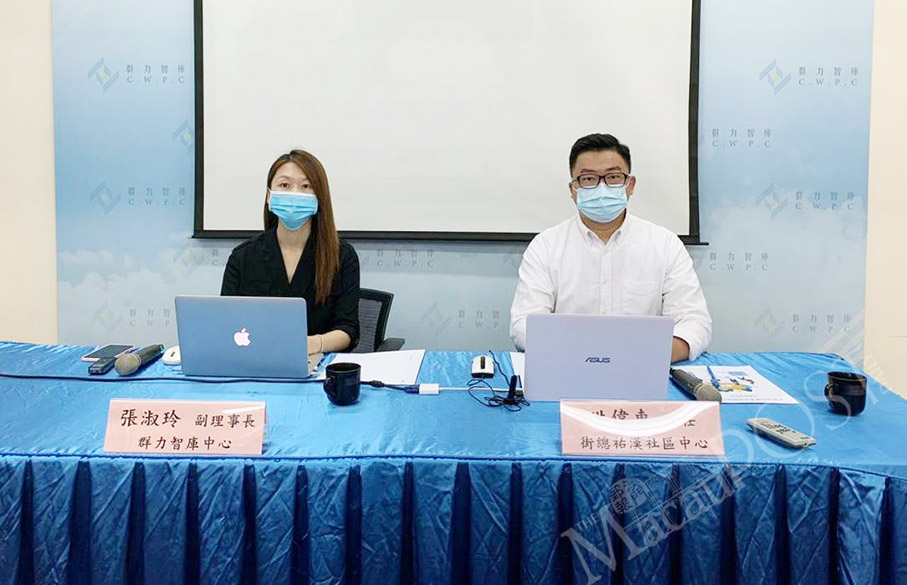Commentary by Marcos Fava Neves*
In April and May of last year, the world faced one of the worst situations in global food supply. The food price index of the Rome-based Food and Agriculture Organization of the United Nations (FAO) that measures the price of most important food commodities reached the highest level ever. Every time this event happens, food inflation hits mostly the poor populations, forcing changes in diets toward cheaper alternatives and moving part of the population to a hunger situation.
Several factors explain the elevation of global prices, ranging from disruptions in food supply chains due to the pandemic, climate issues affecting yields, conflicts between important agricultural nations that interfered in global production, trade issues, transport availability, lack of containers, lower availability of chemicals, lack of fertilizers and others. Food demand also increased due to measures taken during the COVID-19 pandemic.
Looking at historical global supply and demand data from the FAO, it is important to highlight that the balance between supply and demand needs the supply side to bring every year around 30-40 million additional tons of grains, requiring better yields but also a new production area of around 6.5 million hectares, according to a recent study by the University of Illinois.
More grains (food) are needed since every year we have: a) more stomachs on the planet, b) stomachs get larger (eating more, unfortunately), c) stomachs move from rural areas to cities (urbanization) changing what they want (consumption habits) and d) stomachs get richer and enter the consumption market.
The international market for bioenergy is also very demanding since several countries are approving regulations for higher blending of renewables in fossil fuels. The most important examples are ethanol (growing in India, Thailand, France, South Africa and several other countries), biodiesel (new targets coming up in Indonesia, Europe and others), renewable diesel from soybeans and other sources (strongly in demand in the US now) jet fuel representing a new and large market, renewable fuel for maritime transport and other demands needing further investments, developments and innovation from agriculture.
But one point that deserves to be highlighted has been happening in the past four years and has helped in the situation not getting even worse. The grain production area in Brazil has increased from 63.26 million hectares in the 2018-2019 to 78.13 million in 2022-2023. In the past four years, Brazil has added almost 15 million new hectares for grains, converted mainly from degraded pastures. We should consider that part of this growth is in second crops, using the same area and also large advances in sustainable agricultural production (crop rotation, biologicals, technology…)
It was a very risky investment done by farmers in a moment where input costs skyrocketed, land costs increased, lack of labor, storage capacity and even logistic issues hit the sector. A conversion of one hectare of degraded pasture toward grains is an investment of around US$3,000 or even more. At least prices helped to achieve positive returns, except for the current crop, where costs were high, and prices came down.
This growth made Brazil’s grain production jump from 246 million in 2018-19 to an expected 316 million tons this year, an additional 70 million tons of grains in four years. This year Brazil will supply around 55 percent of the soybean imported by the rest of the world and 30 percent of the corn imported, becoming the largest corn exporter. We must note that if it wasn’t for Brazil, the world food price index of the FAO would be in a much worse position, exacerbating the hunger situation around the globe and even threaten the stability of some countries. Probably this was the largest growth ever seen in an agricultural country of our planet and Brazilian farmers deserve recognition for this contribution. If it wasn’t for Brazil, where would we be now?
*Marcos Fava Neves is a professor of food and agribusiness chains at the University of São Paulo (USP) and Fundação Getúlio Vargas (FGV). Founder of Harven Agribusiness School in Brazil.
– Courtesy of China Daily








